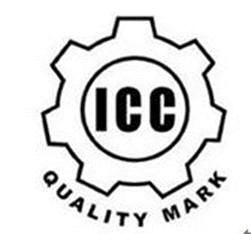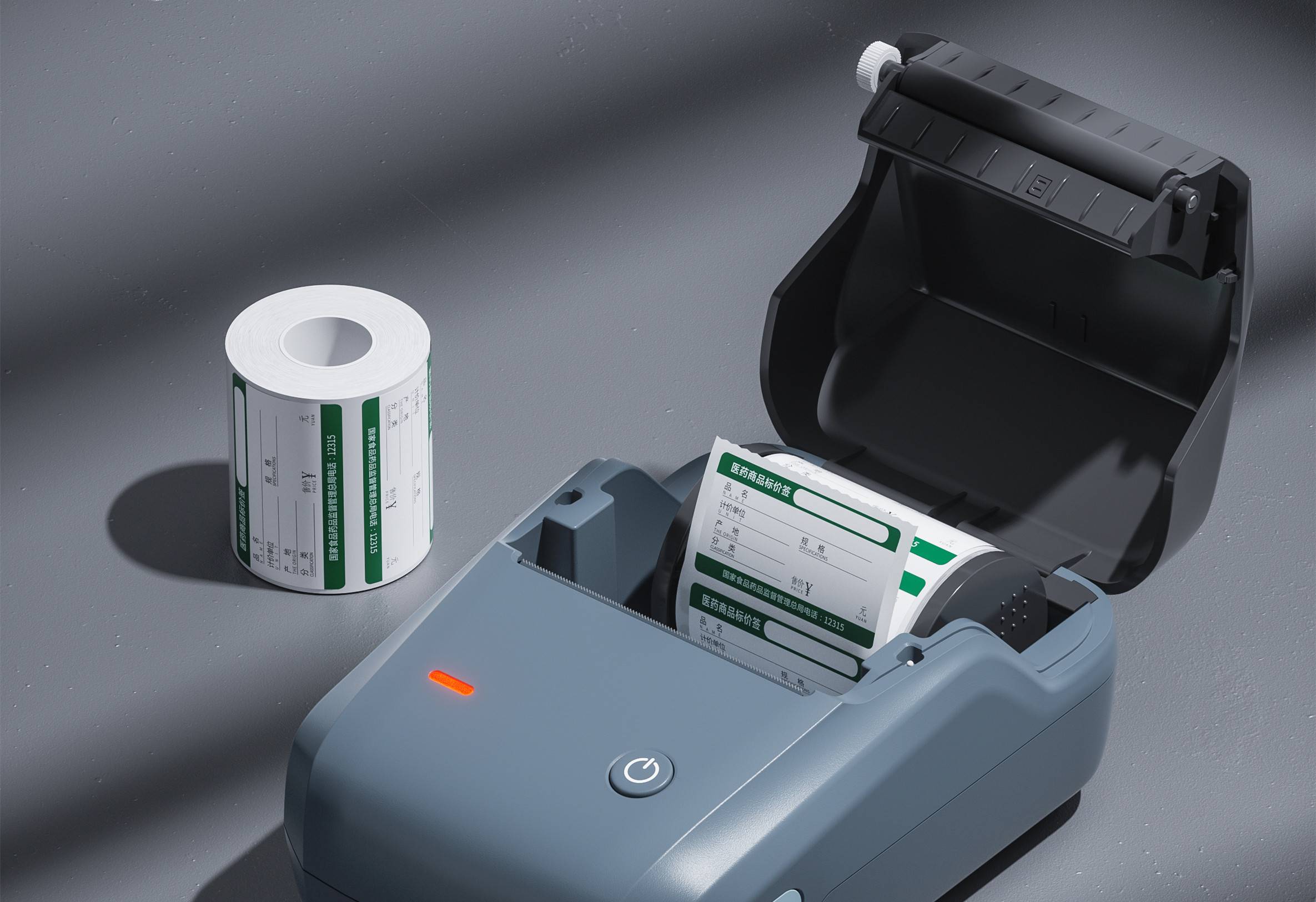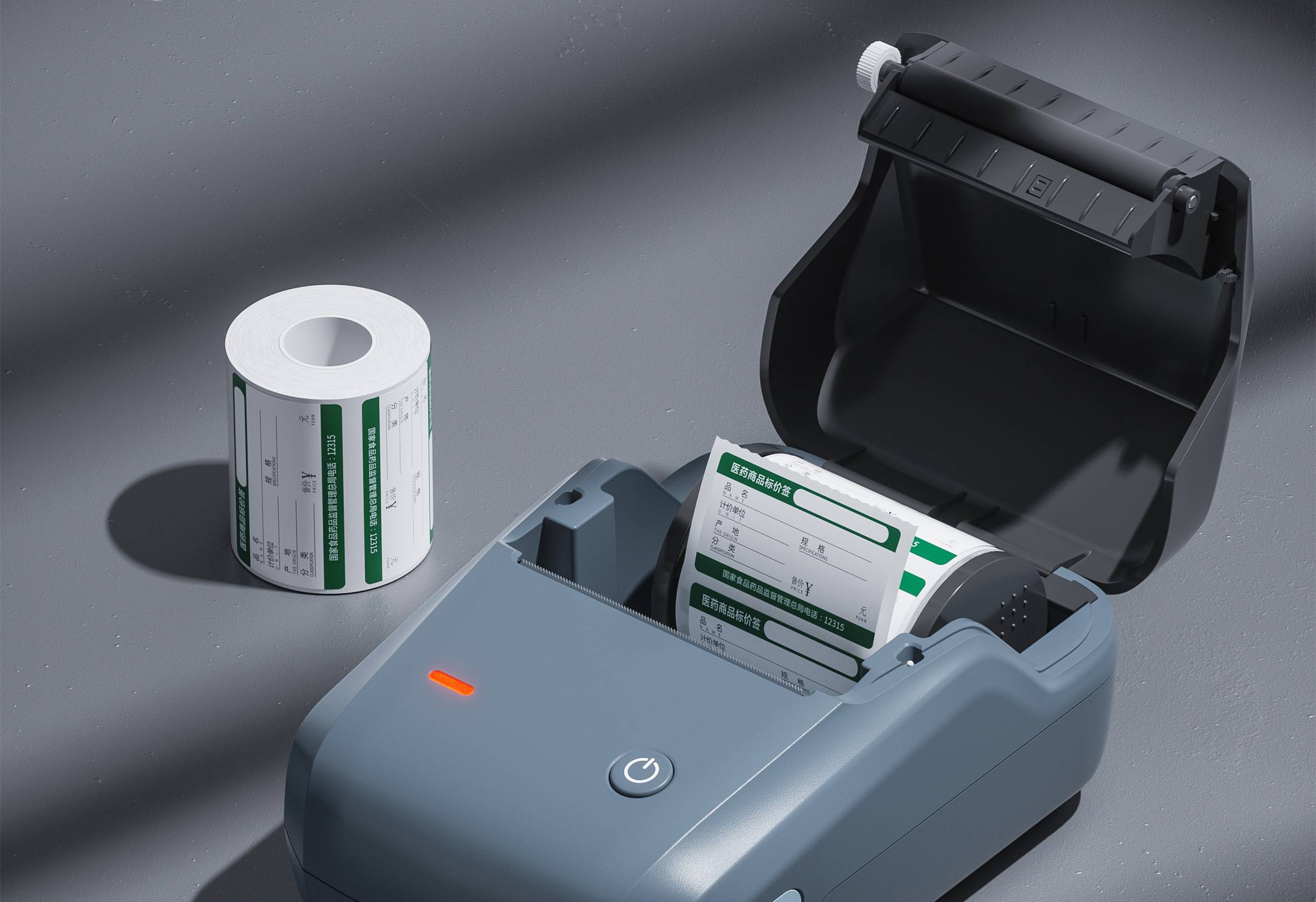
Certification Introduction
The ICC certification in the Philippines was issued on August 17, 2007 by the Bureau of Product Standards (BPS) of the Ministry of Trade and Industry of the Philippines, which issued the 2007 series of the Ministerial Order No. 5, the mandatory Philippine national standard for audio, video and similar electrical appliances.
The ICC system applies to imported goods. For imported products that fall within the scope of the compulsory Philippine National Standard (PNS), after the imported goods are evaluated by the Philippine Product Standards Agency (BPS) to meet the corresponding Philippine national standards or internationally accepted foreign standards, BPS will give Of importers issued ICC permits, allowing them to apply the ICC mark. Imported products are subject to sample testing. In addition, the Philippine Sea will conduct random sampling inspections in the market to ensure that imported goods meet the corresponding PS standards.

The necessity of ICC certification
1. Benefits for manufacturers
a. Enhance the competitiveness of products in domestic and international markets;
b. Improve corporate sales and increase revenue.
2. Benefits for traders
a. Improve the reputation of traders, which will be regarded as a source of high-quality products;
b. Which buyers are attracted to pay attention to product quality;
c. Enhance the buyer's confidence in the product, thereby increasing sales.
Applicable product range
The Philippines has implemented compulsory certification for 85 product series that have an impact on health, life safety and negative impact on the environment during use, including: electrical equipment / products, household appliances, construction materials, safety matches, fire extinguishers, automobiles, petroleum products, Sol etc.
ICC compulsory certification list
1. Household appliances (air conditioners, electric fans, submersible water heaters, kitchen appliances (blenders, eggbeaters, etc.) refrigerators, washing machines, etc.)
2. Lamps and related products (fluorescent lamps, incandescent lamps, lamp holders, Christmas lights / strings, starters, etc.)
3. Wiring device (circuit breaker, metal wire junction box, plug and socket, PVC tape, switch)
4. Wire and cable (PVC flexible wire, thermoplastic wire and cable)
5. Machinery / building materials (cement, steel pipe, ceramic tile, iron sheet, flat glass, water pipe, pipe fitting, urinal, bathtub, water tank, washbasin, iron wire)
6. Chemical and other products (fire extinguisher, lighter, single chair / stool, brake fluid, gas stove, vehicle inner tube, lead-acid battery, matches, seat belt (seat belt) (windshield, rear lamp, side seat Car tires)
application process
1. Submit an application
2. Institutional review materials documents
3. Sample inspection
4. Sample test passed, method ICC certificate

Label printers entering the Brazilian market, ANATEL certification is an essential passport! It is the recognition of the Brazilian Telecommunications Authority for the safety and compliance of electronic products, without which products cannot be legally sold.

SRRC certification is not only a guarantee of product compliance, but also a key to opening up the market.

FCC ID certification is a mandatory certification for electronic products by the Federal Communications Commission (FCC) in the United States, and it is essential for label printers to obtain this certification.
The ICC certification in the Philippines was issued on August 17, 2007 by the Bureau of Product Standards (BPS) of the Ministry of Trade and Industry of the Philippines, which issued the 2007 series of the Ministerial Order No. 5, the mandatory Philippine national standard for audio, video and similar electrical appliances.
Get a quote